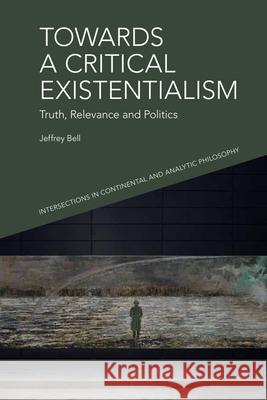Towards a Critical Existentialism: Truth, Relevance and Politics » książka
topmenu
Towards a Critical Existentialism: Truth, Relevance and Politics
ISBN-13: 9781399508322 / Angielski / Twarda / 2022 / 264 str.
Towards a Critical Existentialism: Truth, Relevance and Politics
ISBN-13: 9781399508322 / Angielski / Twarda / 2022 / 264 str.
cena 464,34
(netto: 442,23 VAT: 5%)
Najniższa cena z 30 dni: 421,40
(netto: 442,23 VAT: 5%)
Najniższa cena z 30 dni: 421,40
Termin realizacji zamówienia:
ok. 22 dni roboczych.
ok. 22 dni roboczych.
Darmowa dostawa!
Kategorie:
Kategorie BISAC:
Wydawca:
Edinburgh University Press
Seria wydawnicza:
Język:
Angielski
ISBN-13:
9781399508322
Rok wydania:
2022
Ilość stron:
264
Wymiary:
23.4 x 15.6
Oprawa:
Twarda
Dodatkowe informacje:
Bibliografia











